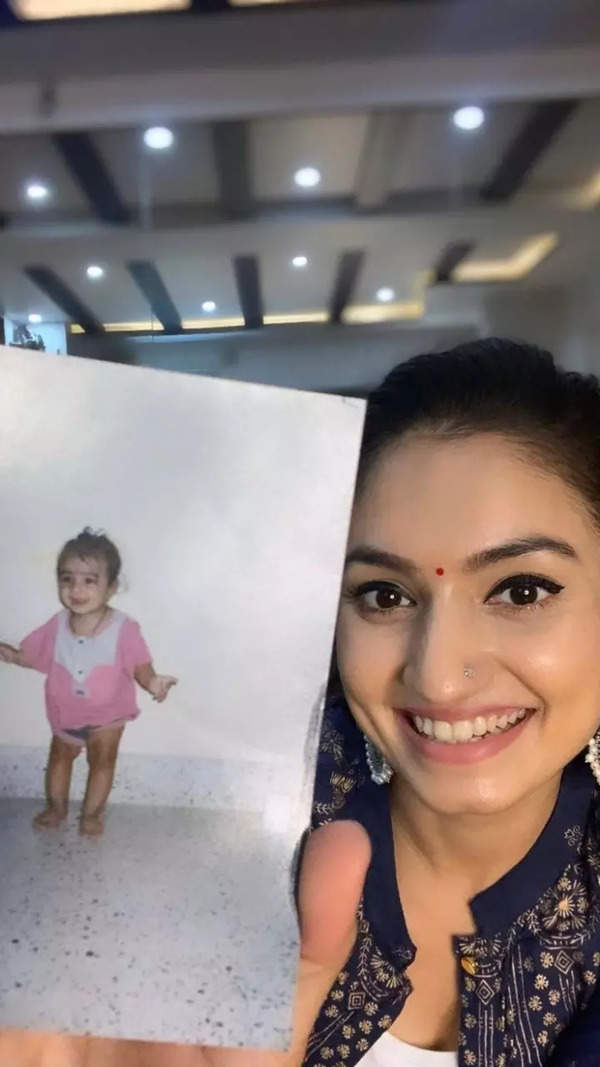Top Searches
- News
- City News
- nagpur News
- ‘Nagpur Wine Club will soon have its winery’
‘Nagpur Wine Club will soon have its winery’

The Nagpur Wine Club has carved a niche for itself even though it’s not situated in a metropolitan city, nor is it based out of a district where grape producers abound. Deepak Khanuja, director of the Nagpur Wine Club, shares with TOI the group’s journey since inception in 2011 and plans.
Excerpts from an interview...
Q. Nagpur is the unlikeliest of places to have scripted a success story on wine clubs.
A. It certainly is and the secret has been the relentless and passionate efforts of our members since we started in 2011. Our aim was always to inculcate in people a culture of wine tasting and creating awareness about the drink. When we started, the founding members visited similar clubs around the country to see how they function and then we undertook trips down to wineries and understand what types of products were being manufactured. In our trips abroad, we saw how an ecosystem around wine was being developed with curated wine tours at wineries, special events where people are exposed to different types of wines and educating them about ‘food pairing’. All the things we observed in India and abroad were converted into ‘best practices’ and adapted to Indian context. Every year we keep updating ourselves and armed with knowledge, changing trends and innovation ensured that right here in Nagpur we have started a wine culture revolution.
Q. How big is the Nagpur Wine Club now?
A. In terms of membership, we are the largest in the country. The tide has changed so much in the last decade that other wineries are now looking forward to associating with us. In the formative years of the wine festival, which our club organizes annually, we still had to follow up with wineries for stalls. This year, within one hour of sending the message out our stalls were booked. That’s how far the ‘Nagpur Wine Club Festival’ has come. Another parameter for growth is the footfalls at this festival. As the footfalls kept on increasing, so did the requirement for space and we are now currently at our third location. Almost 50,000 square feet is being utilized by the festival due to sheer level of response from the public.
Q. Globally, wine is part of fine dining. It’s a culture in itself. How challenging was it to introduce Nagpurians to that culture?
A. It happened gradually and thankfully Nagpurians were open to trying out new things. People have now realized that wine cannot be looked at like a typical alcohol drink. It’s a drink that people have with their food and that’s where the pairing comes in. Over centuries now the wine-food pairing has been perfected. So white wine goes with certain types of food while red is for another set. Wine has to perfectly complement the taste of the accompanying meal without either overpowering it or being completely lost to the palate. It’s both an art and science to pair food with wine. Also the different types of wines now available in the market, including the non-alcoholic ones, have expanded the market. Now there are wines which the youth prefer, there are some preferred by new wine drinkers while the more seasoned one take up the bottles which are higher up in the pecking order. As of now, wine culture is well entrenched in Nagpur because there is something for everyone in terms of taste and budget.
Q. What are the plans for the wine club?
A. We are connected under the umbrella of Nagpur Agro Development Association. Very soon we will be launching India’s first wine club that has its own winery along with curated experiences for members and visitors. We will be the first to have our own physical location to host all these activities. We have purchased the land in Mihan and construction work is under way and we hope to launch before end of 2023. It will be India’s first integrated club that focuses on experiences around the wine culture. Once this is ready, then the wine festival move here. The wine festival itself will keep on evolving as we look forward to hosting multiple brands who can reach out directly to consumers. Those who visit the festival shall get to see a 360-degree approach to the wine culture under a single roof in Mihan.
Excerpts from an interview...
Q. Nagpur is the unlikeliest of places to have scripted a success story on wine clubs.
A. It certainly is and the secret has been the relentless and passionate efforts of our members since we started in 2011. Our aim was always to inculcate in people a culture of wine tasting and creating awareness about the drink. When we started, the founding members visited similar clubs around the country to see how they function and then we undertook trips down to wineries and understand what types of products were being manufactured. In our trips abroad, we saw how an ecosystem around wine was being developed with curated wine tours at wineries, special events where people are exposed to different types of wines and educating them about ‘food pairing’. All the things we observed in India and abroad were converted into ‘best practices’ and adapted to Indian context. Every year we keep updating ourselves and armed with knowledge, changing trends and innovation ensured that right here in Nagpur we have started a wine culture revolution.
Q. How big is the Nagpur Wine Club now?
A. In terms of membership, we are the largest in the country. The tide has changed so much in the last decade that other wineries are now looking forward to associating with us. In the formative years of the wine festival, which our club organizes annually, we still had to follow up with wineries for stalls. This year, within one hour of sending the message out our stalls were booked. That’s how far the ‘Nagpur Wine Club Festival’ has come. Another parameter for growth is the footfalls at this festival. As the footfalls kept on increasing, so did the requirement for space and we are now currently at our third location. Almost 50,000 square feet is being utilized by the festival due to sheer level of response from the public.
Q. Globally, wine is part of fine dining. It’s a culture in itself. How challenging was it to introduce Nagpurians to that culture?
A. It happened gradually and thankfully Nagpurians were open to trying out new things. People have now realized that wine cannot be looked at like a typical alcohol drink. It’s a drink that people have with their food and that’s where the pairing comes in. Over centuries now the wine-food pairing has been perfected. So white wine goes with certain types of food while red is for another set. Wine has to perfectly complement the taste of the accompanying meal without either overpowering it or being completely lost to the palate. It’s both an art and science to pair food with wine. Also the different types of wines now available in the market, including the non-alcoholic ones, have expanded the market. Now there are wines which the youth prefer, there are some preferred by new wine drinkers while the more seasoned one take up the bottles which are higher up in the pecking order. As of now, wine culture is well entrenched in Nagpur because there is something for everyone in terms of taste and budget.
Q. What are the plans for the wine club?
A. We are connected under the umbrella of Nagpur Agro Development Association. Very soon we will be launching India’s first wine club that has its own winery along with curated experiences for members and visitors. We will be the first to have our own physical location to host all these activities. We have purchased the land in Mihan and construction work is under way and we hope to launch before end of 2023. It will be India’s first integrated club that focuses on experiences around the wine culture. Once this is ready, then the wine festival move here. The wine festival itself will keep on evolving as we look forward to hosting multiple brands who can reach out directly to consumers. Those who visit the festival shall get to see a 360-degree approach to the wine culture under a single roof in Mihan.
FOLLOW US ON SOCIAL MEDIA
FacebookTwitterInstagramKOO APPYOUTUBE
Start a Conversation
end of article









